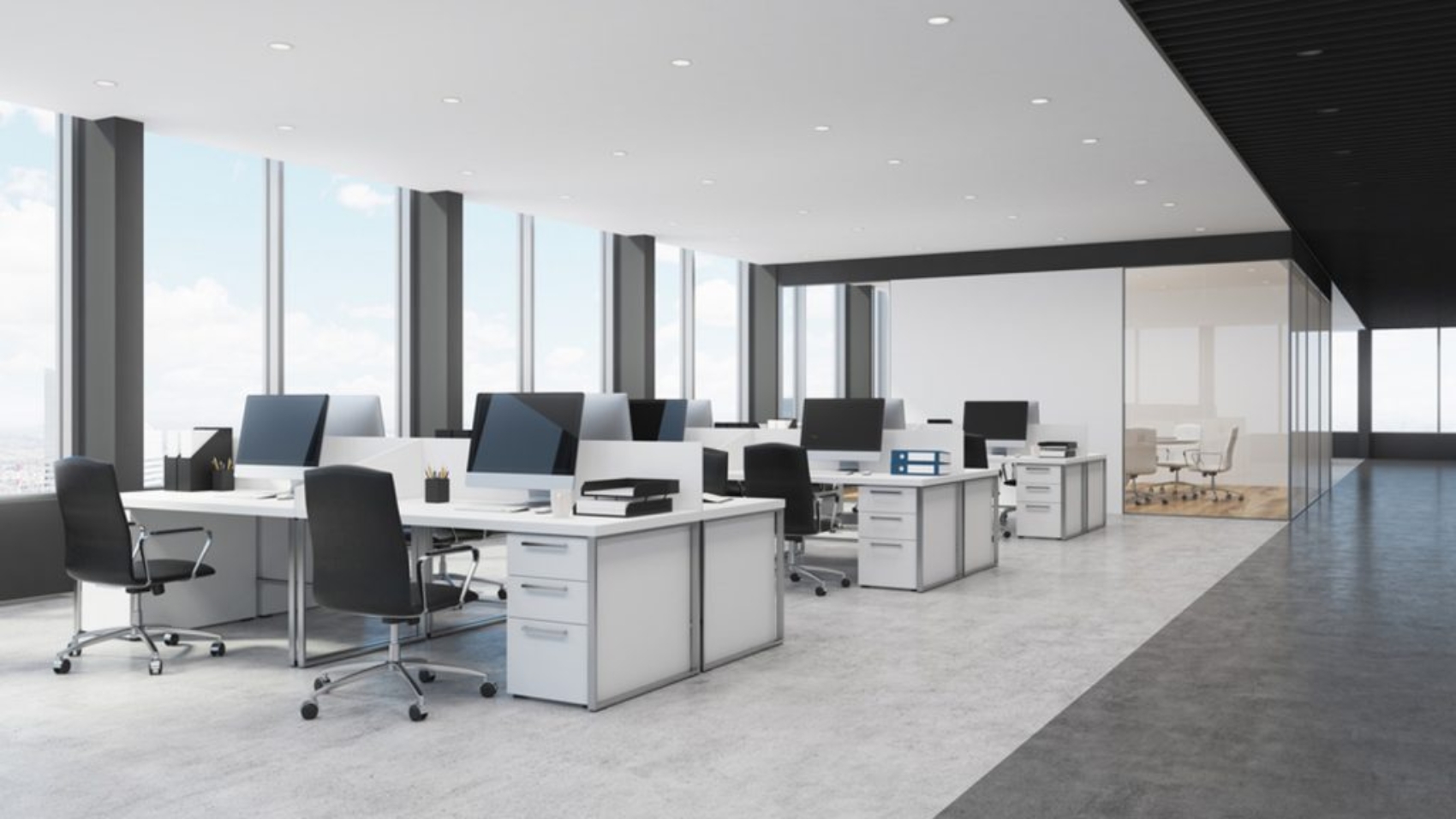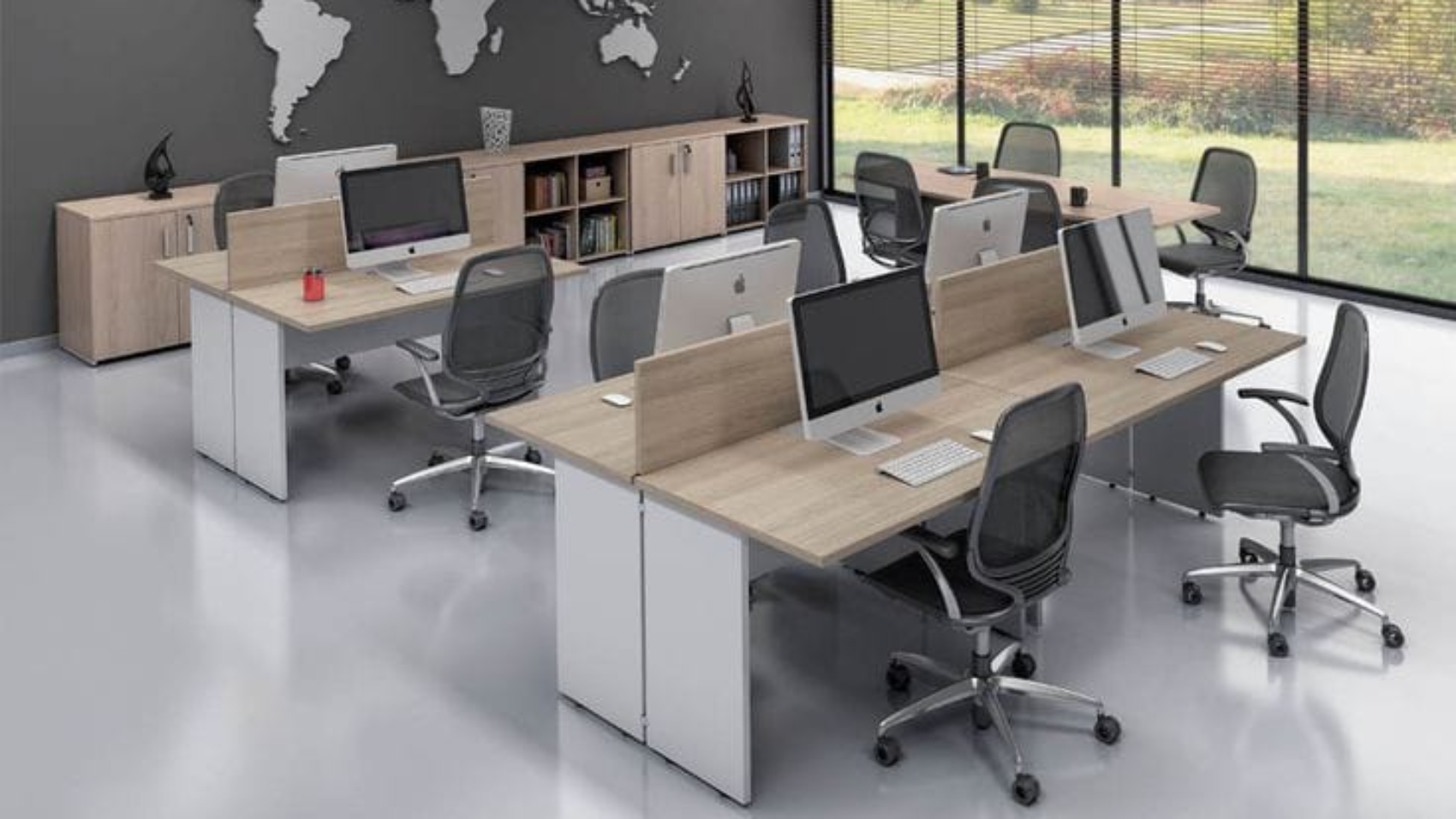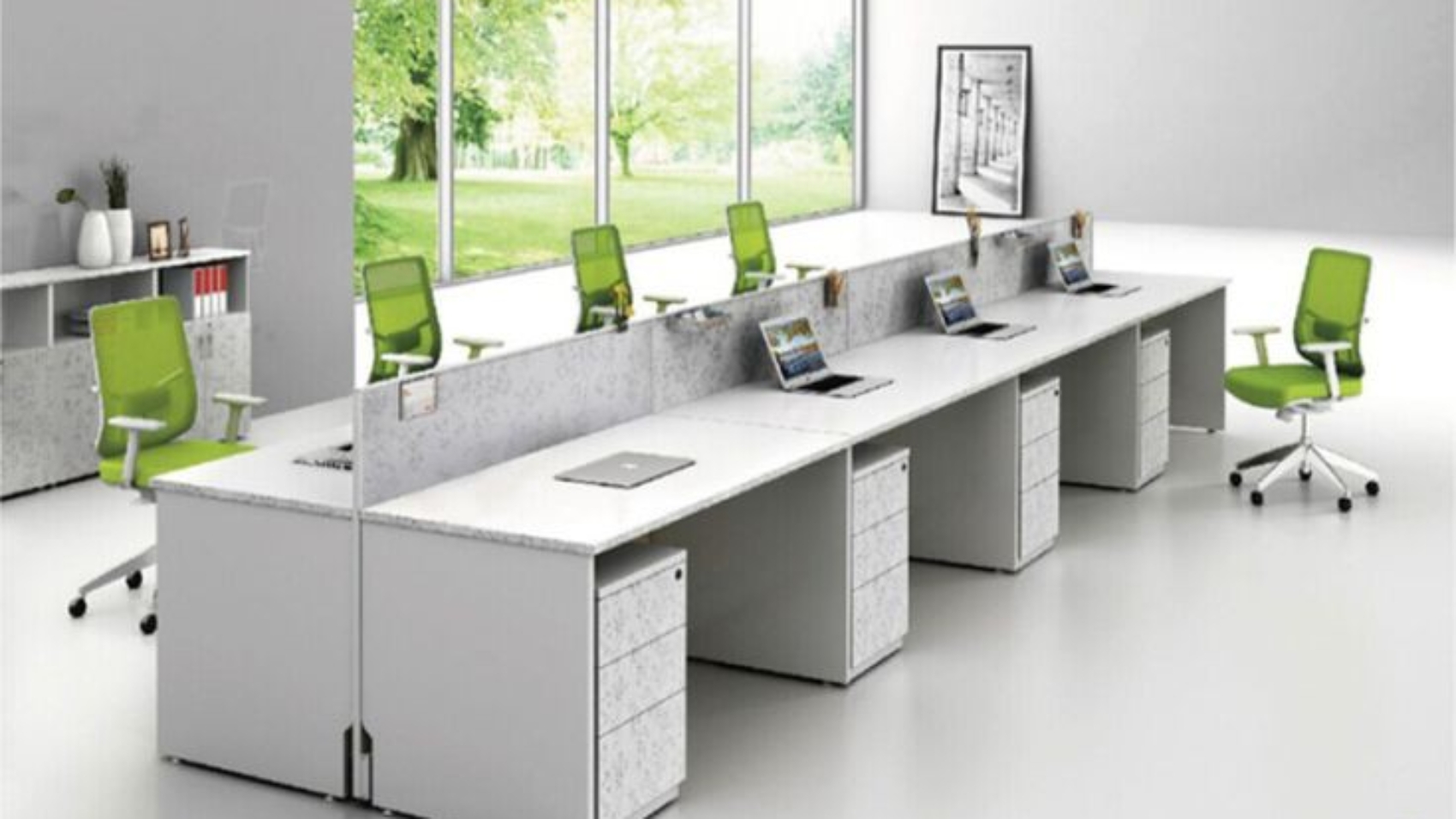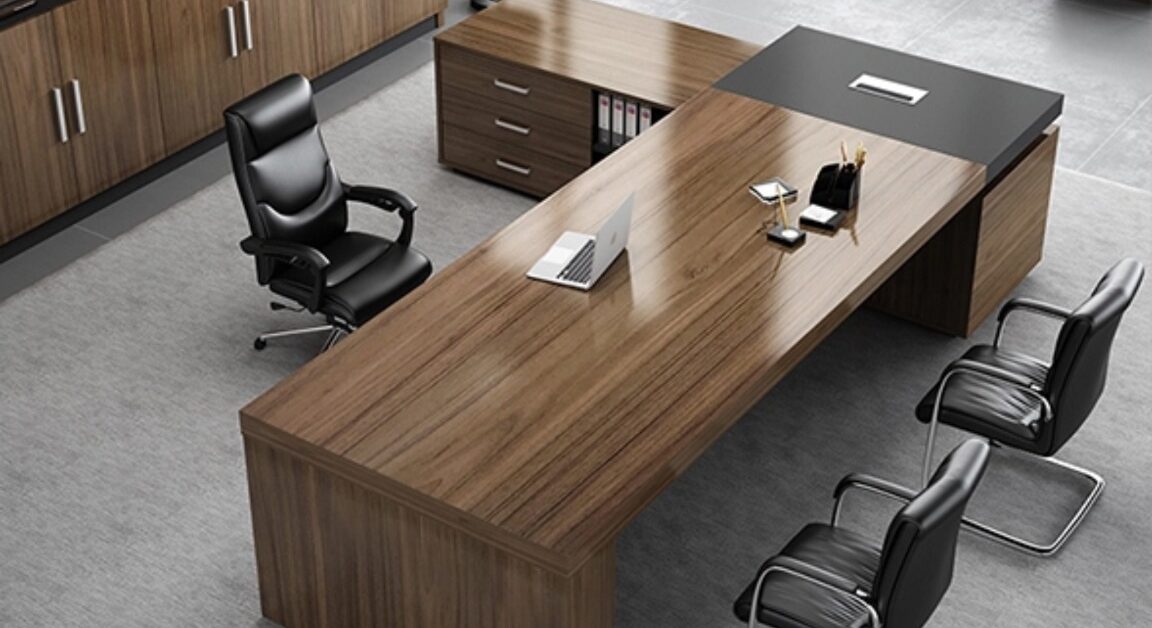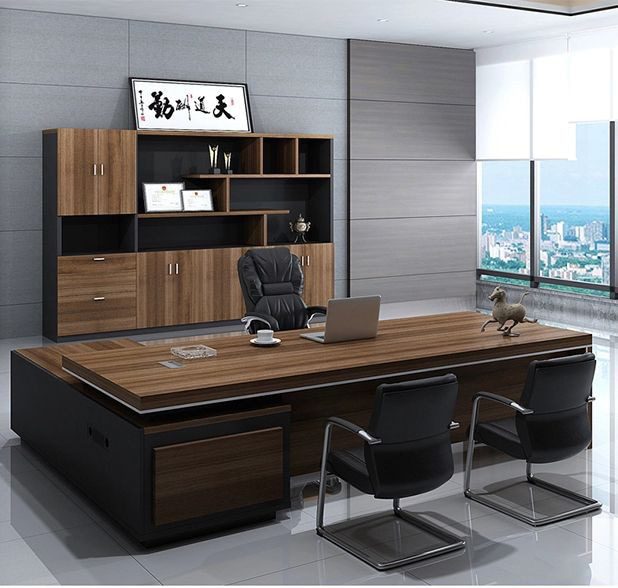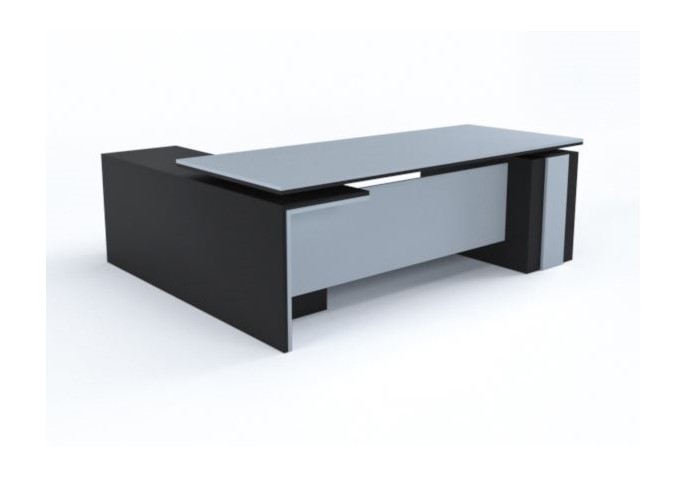As office professionals designing a comfortable workspace is little difficult, we are infamous for sitting for long periods of time (around 90% of our workdays) (give or take the odd tea break, but more on the importance of those later). Everything from business meetings to typing to researching to planning to report to analysis. Sitting for eight hours a day may sound like a peaceful concept, but if the ergonomics are off, it may be everything but.
If the ergonomics are subpar, you may find yourself spending more time at the chiropractor than at your desk due to a variety of injuries, including those to your back, neck, wrists, and legs. So, if we want to learn more about ergonomic workspace design, let’s start with the fundamentals.
What, exactly, does it mean to work in an ergonomic office?
Because ergonomics is the study of how people function in the workplace, an ergonomic workplace is one in which every effort has been made to ensure that employees are provided with a pleasant environment in which to work, particularly for extended periods of time like an eight-hour shift.
What Exactly Is Ergonomic workspace Gear?
Equipment such as height-adjustable seats, desks, monitor arms, laptop stands, wrist supports, footrests, keyboards, document holders, telephone headsets, and so on are all essential for creating a comfortable and productive workspace.
The Importance of Ergonomics in the Workplace.
OK, so we’re not running marathons at our desks, but if we want to be productive for 8 hours a day, we need to be comfortable, which is why ergonomics is so important. You can’t expect to get anything done if you spend the day adjusting your posture in your chair or rubbing your neck. Because of the potential for missed deadlines, increased stress, and discontent among employees, it is essential that they feel safe and secure in their workplace.
How Can You Make Your Workplace More Comfortable?
Maintaining uniformity in the quality of office equipment is essential to creating a comfortable workspace working environment for employees. Whether it’s a broken chair, a misplaced laptop stand, or a missing mouse, getting new equipment as soon as possible is essential for getting back to a state of ease.
It’s a good idea to perform risk assessments on a regular basis to make sure everyone is safe and the equipment is up to date. In addition, having an open-door policy or a well-known replacement process where employees may ask for the equipment they need using an internal system or by going directly to the office manager, HR, or other designated employee who may be in charge of this area is a terrific idea.
When you’re ready to set up an ergonomic office or workstation, follow these easy steps.
- Chair:
First, your office chair should be fully adjustable so that it can properly support your spine as you work. Raise or lower your chair so that your feet can rest comfortably on the floor or a footrest. You should sit up straight at all times, thus you may need to adjust the backrest to do this. And next, if your chair has armrests, set them so your arms may rest comfortably there while your shoulders are loosened.
- Footrest:
As was noted up top, if your chair is still too high after adjusting the height, you may want to utilize a footrest. In the absence of suitable footrests, you may find it necessary to make do with a box, a stack of printer paper, or anything else sturdy.
- Desk:
Your office desk should have enough space under it so that your legs may stretch out comfortably as you work. When the space under your desk becomes a dumping ground, it’s time to upgrade to a more permanent solution.
- Monitor:
Make sure the top of your screen is at or slightly below eye level. The ideal placement of the screen is at shoulder height and squarely behind the keyboard. To find the optimal angle for viewing, simply try different settings.
- The usage of a computer’s mouse and keyboard
Place your mouse to the side of your keyboard, at the same height. You shouldn’t have to strain your back or reach too far for it. When utilizing it, keep your upper arms close to your body and use it with a straight wrist and a relaxed forearm.
- Telephone
While multitasking is lauded in some workplaces, talking on the phone while typing is a bad idea. It’s tempting to multitask by talking on the phone and typing at the same time—just lay the handset between your shoulder and ear—but doing so for extended periods of time is bad for your health. Therefore, if taking calls is a significant part of your job, a headset is a worthwhile investment.
- Arranging Your Comfortable Workspace
Keep things you use frequently within easy reaches, like a notepad, stationary, calculator, phone, and calendar. Then, you can put the paperwork, bills, administrative documents, and so on that you use less regularly in the back of your desk.
How can I deal with the discomfort caused by poor ergonomics?
Regular breaks from your computer allow you to stretch your muscles, which in turn improves your posture and lessens your risk of repetitive strain injury. Additionally, it provides a welcome mental respite. A happy staff is a productive workforce, so if you feel the afternoon slump coming on, take a break, have some tea, and then come back to work feeling rejuvenated and revitalized.
The best selection of quality office furniture available anywhere Salamuae is right here at your fingertips. Shopping for office furniture online Dubai is convenient because you can find everything you need in one place and at a price that fits your budget. No matter if you need a new desk for your workplace or want to completely redo the space, our helpful crew is here to assist you in any way they can.
When it comes to workplace relocation, we excel at providing free space planning and express quotation services to save stress.
If you shop for office furniture in Dubai, you can rest assured that you will find the most popular items at the lowest possible costs.

 Cart is empty
Cart is empty 


